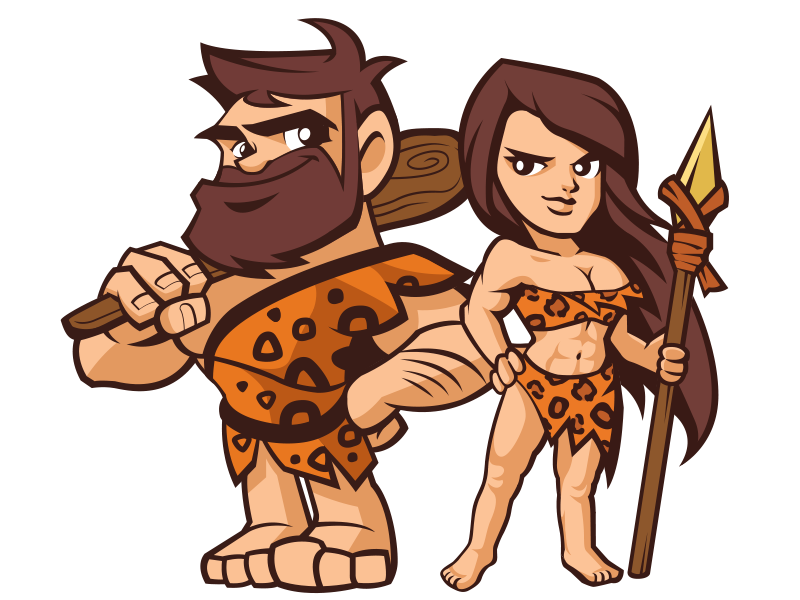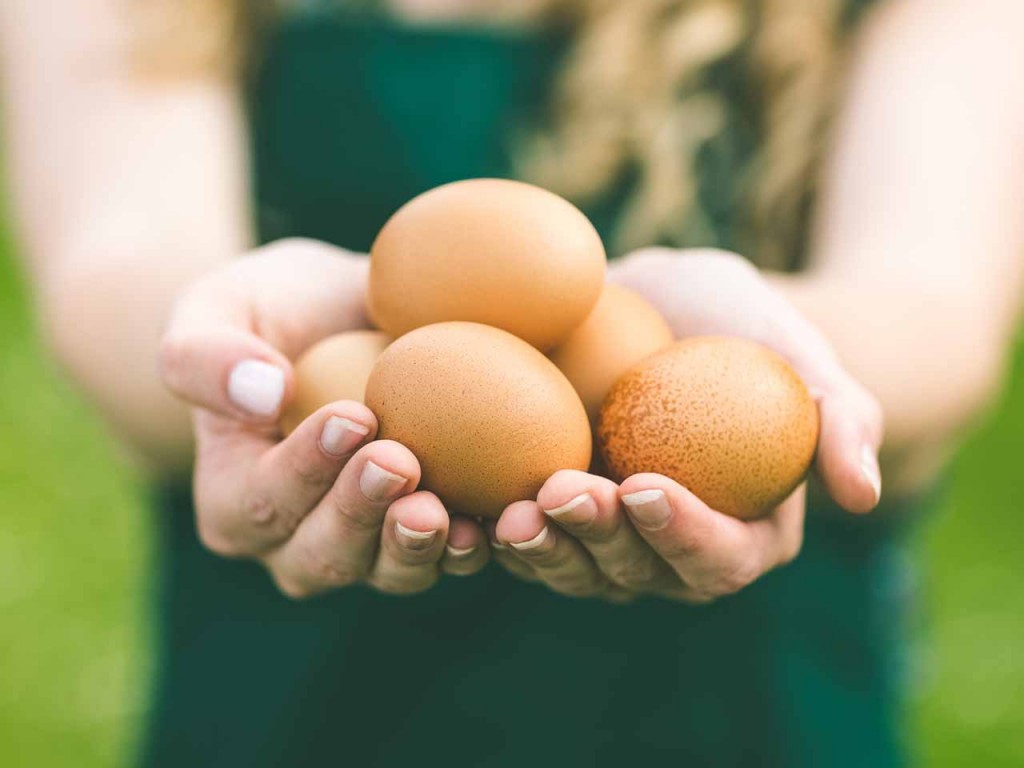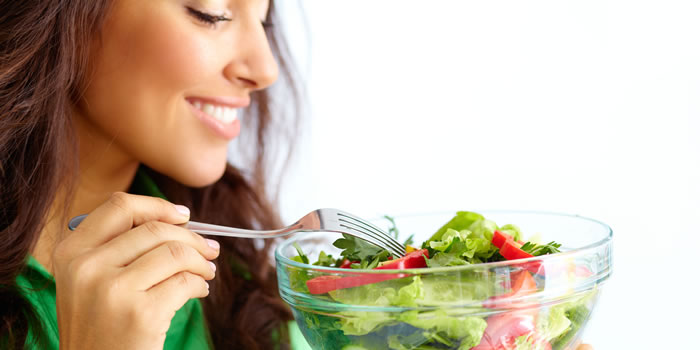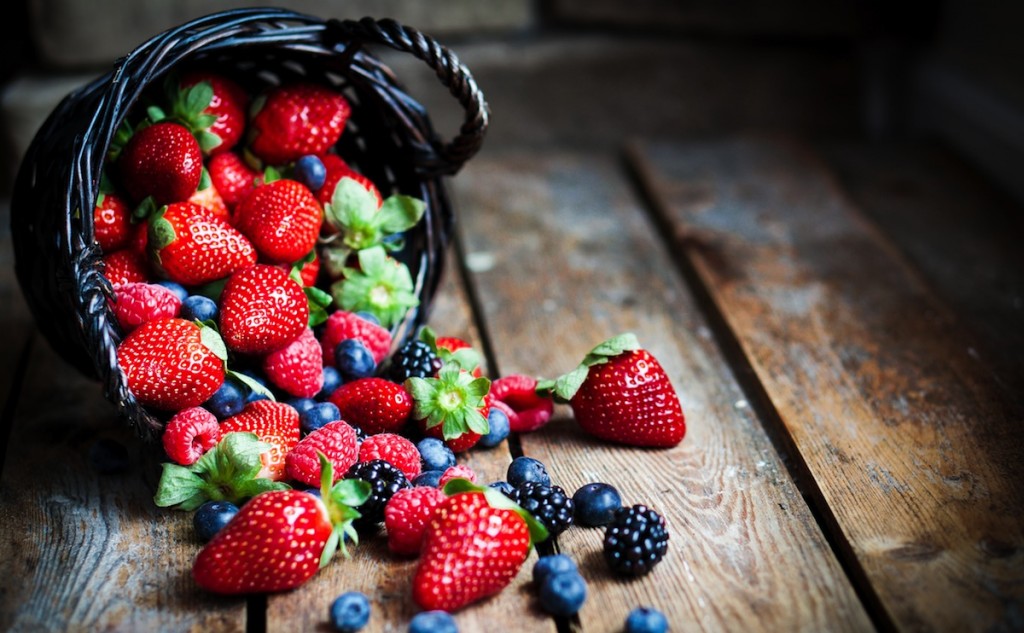The Shocking Truth About Caveman Diets
Diet January 7, 2024 Damon Mitchell
The Caveman Diet usually refers to what is more often called The Paleo Diet, but could include The Primal Blueprint. In any case, these diets are predicated on the philosophy that our current obesity epidemic is due to modern food options.
Caveman dieters lobby that if we were to eat and behave more like our ancestors, then we could escape the battle of the bulge. Agree or disagree, in many cases, this approach proves useful for many people.
There are two basic camps on Caveman diets.
- Trying to eat like a caveman is silly.
- Paleo is the best thing that has ever happened to me, ever.
Like most things in life, the truth lies somewhere between two extremes. Responsible caveman dieters recognize that bending their diets will not summon the great asteroid. On the other side of the scale, more conservative nutritionists recognize the benefits of simplifying our intakes.
What is contestable in Caveman diets are some of the rules. The ones that come under scrutiny are those that break the furthest from traditional dietary advice: no calorie counting, eat generous amounts of fat, eating grass fed beef is best, no eating cereal grains or legumes, and eliminate dairy.
In fact, despite the fanatic behaviors associated with paelofiles, they exhibit a number of oft-agreed-upon quality dietary choices, like consuming an intake high in vegetables. They also include dietary fats, eliminate sugar or replace it with fruit, and believe in sleeping like it’s your job.
We’re gonna stick to the generally agreed benefits of caveman diets.
Eat good amounts of protein
From the vegans to the Mediterranean, most everyone agrees the human body needs a sufficient protein. Without protein, the body will not maintain lean mass, then your metabolism will drop. You may even gain body fat as your body degrades in efficiency. Nobody wants that. The hanging question is, what qualifies as a “sufficient?”
It’s definitely a topic of debate.
According to the ACSM, The American College of Sports Medicine, protein ranges stretch from 0.8 grams to 1.8 grams per kilo of bodyweight. the U.S. RDA recommends 0.8 – 1.0 grams per kilogram per day for the average adult. For athletes, that number may jump as high as 1.8 grams per kilogram.
Keep things simple – go with no fewer than one gram per kilogram of mass, or take your weight in pounds and divide by two. If you weigh 180, then you eat 90 grams of protein per day. You’ll be just fine.
Eat Your Veggies
Find the nutritionist who says veggies aren’t the cat’s pajamas and I’ll eat my hat. Let’s be clear, we’re not talking about the congressional version of veggies, where french fries count.
We’re talking green and leafy; we’re talking roughage.
Eat all the roughage you want. It’s sooo good for you. The closest you’ll get to don’t-eat-your-veggies advice is when nutritionists advise against GMOs or non-organics, but even in those cases, veggies are the stuff of healthy folks.
Most agree that uncooked veggies preserve the best nutrients for your body, but if you must cook your veggies, bake or lightly sauté them.
Eat the Right Fats
Sautéing means cooking with fat. Yep. It’s okay. No deep frying, though.
Don’t worry so much about saturated fats, but do avoid trans fatty acids. Also, hydrogenated and partly-hydrogenated oils should be avoided.
You’re okay to consume olive oil, coconut oil or even butter. Few nutritionists these days will advise people to eat low or no fat diets.
Cutting fat from your diet will cut your calories, but it will also cut your satiety levels after you eat. You’ll feel less satisfied. Then you’re likely to eat more or worse, get crabby.
Cut The Sugar, Mostly
It’s not that sugar is the worst thing in the world, but refined sugar may be.
In Caveman diets, you may consume sugar, but in the form of fruit. In fact, best if you eat berries, as they have lower levels of sugar than other fruit.
Most nutritionists will tell you that sugar is connected to a host of potentially bad outcomes, including diabetes and cancer. Sugar feeds growth in your body, so if you are in the early stages of cancer, it will feed the cancer cells too.
Sleep Well
This advice ranks right up there with eat fewer calories. We’re inundated with the messages that we eat too many calories and we don’t sleep enough. The stress we suffer trying to eat less and sleep more is enough to give us cortisol overloads for days.
Cortisol is a hormone responsible for getting us moving but is connected to stress levels. For the paleo folk, getting the right amount of sleep is critical for controlling our cortisol.
The question that begs to be asked is can we go with a straight 7 to 8 hours or can we get our sleep in chunks? That’s a question for another blog, another time.
Especially if you’re just starting out, don’t get too hung up trying to eat all the right foods all the time. The human body is pretty adaptive to intake.
Even die-hard paleo fanatics will advise you to pay attention to how your body reacts to what you eat. No single food is going to make you pack on pounds, nor is any food going to be your miracle panacea.





